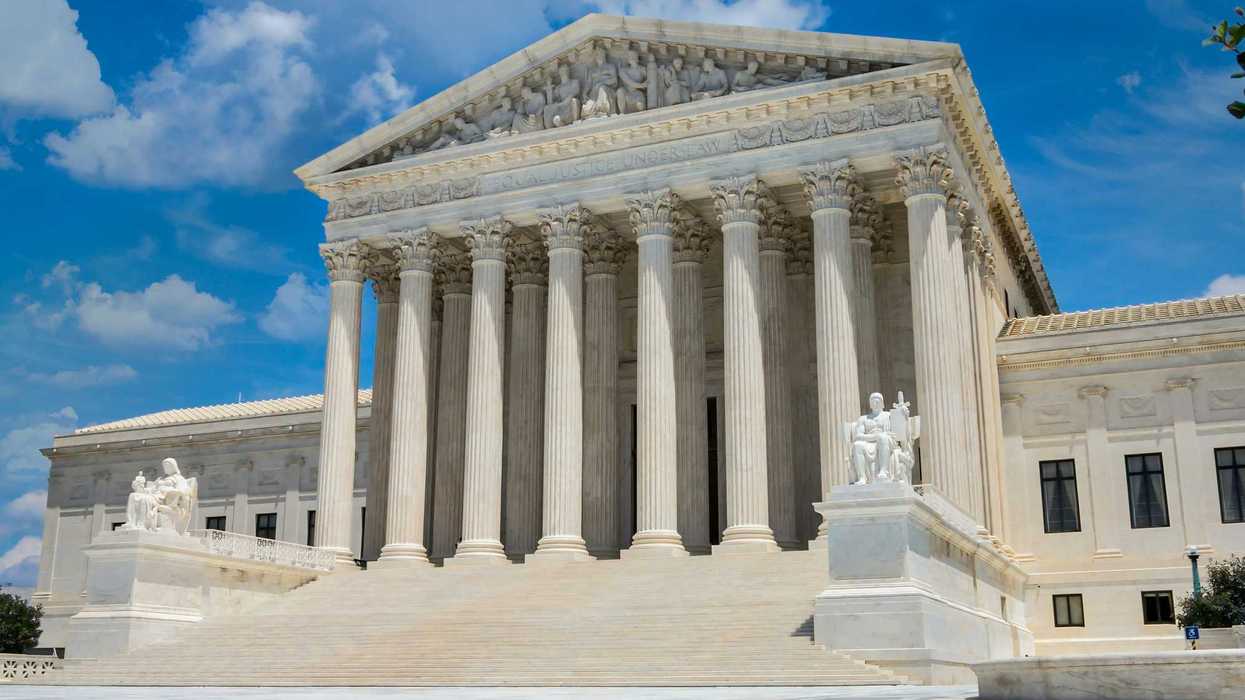The U.S. Department of Health and Human Services has directed the Food and Drug Administration to revise rules allowing companies to declare food ingredients safe without agency oversight, aiming to increase transparency and consumer protection.
In short:
- Health Secretary Robert F. Kennedy Jr. criticized food manufacturers for using a loophole that lets them introduce new ingredients without FDA notification.
- The FDA currently encourages voluntary safety submissions but does not require companies to notify regulators about new ingredients.
- The rule change would mandate public disclosure and FDA review of safety data for all new food ingredients.
Key quote:
“For far too long, ingredient manufacturers and sponsors have exploited a loophole that has allowed new ingredients and chemicals, often with unknown safety data, to be introduced into the U.S. food supply without notification to the FDA or the public.”
— Robert F. Kennedy Jr., U.S. Secretary of Health and Human Services
Why this matters:
Many food additives in the U.S. enter the market without independent safety review due to the "generally recognized as safe" (GRAS) rule, which lets companies self-certify ingredients. Critics argue this system allows potentially harmful substances into the food supply without proper scrutiny. Increased FDA oversight could help prevent public exposure to untested chemicals, improving food safety and consumer trust.
The implications of this regulatory gap are significant. Public health advocates warn that substances linked to cancer, hormone disruption, and other health risks could be hiding in everyday foods, from processed snacks to beverages. Some of these chemicals, such as artificial flavors and preservatives, have been restricted or banned in other countries due to safety concerns. Yet in the U.S., they remain on shelves, largely because of the GRAS system’s reliance on industry-driven assessments.
Related: Companies decide which food additives are safe, leaving the FDA in the dark














